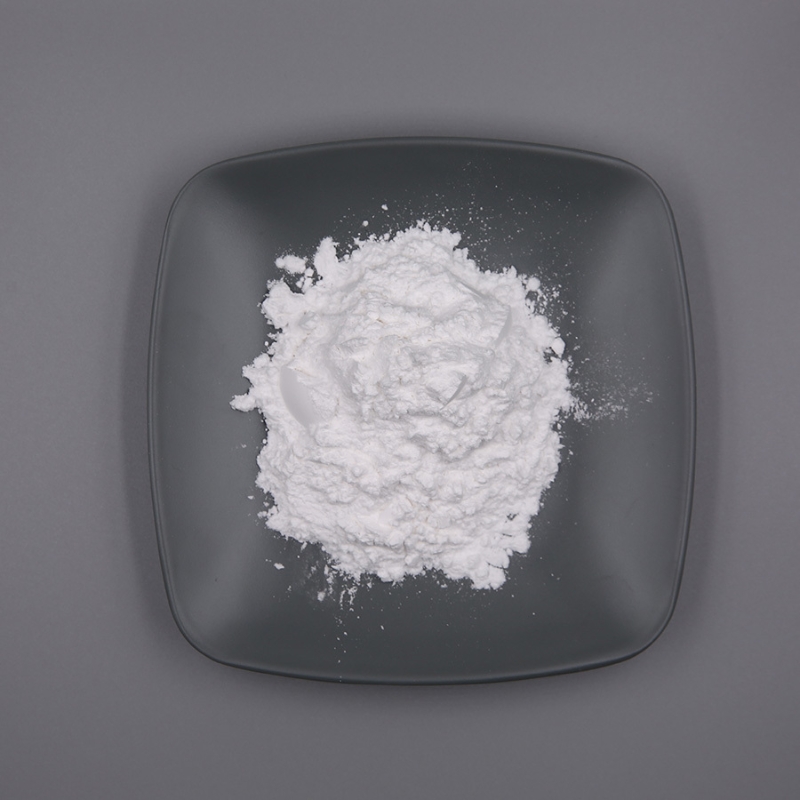-
Categories
-
Pharmaceutical Intermediates
-
Active Pharmaceutical Ingredients
-
Food Additives
- Industrial Coatings
- Agrochemicals
- Dyes and Pigments
- Surfactant
- Flavors and Fragrances
- Chemical Reagents
- Catalyst and Auxiliary
- Natural Products
- Inorganic Chemistry
-
Organic Chemistry
-
Biochemical Engineering
- Analytical Chemistry
-
Cosmetic Ingredient
- Water Treatment Chemical
-
Pharmaceutical Intermediates
Promotion
ECHEMI Mall
Wholesale
Weekly Price
Exhibition
News
-
Trade Service
October 23, 2020 // -- According to daily observations, men are usually more likely than women to "complain" when they get sick, which is widely seen by lesbians as a fuss, but is it true? In fact, previously published large epidemiological studies and animal-related influenza studies have shown that men have longer illnesses, more severe symptoms, and less protective vaccines than women.
so does this difference exist in influenza, especially in the COVID19 outbreak? According to previous studies, there appears to be no significant difference between men and women in the risk of SARS-coV-2 infection, but the risk of severe illness and death is significantly higher in men.
study, men are 2.4 times more likely than women to die from COVID-19.
, in other coronavirus diseases, such as SARS and MERS, men also have higher mortality rates than women.
men aged 30-49 are twice as likely as women to die from COVID-19, according to the Centers for Disease Control and Prevention.
in other age groups, the risk of COVID-19-related death was also higher among men than among women in the same age group.
because men and women of the same age are almost in sharp contrast to the risk of SARS-CoV-2 infection, scientists are beginning to wonder why men are more susceptible to infection.
why men may be more susceptible to COVID-19, a new report published in the journal Nature explores how men and women respond differently to COVID-19.
study examined samples collected from healthy individuals or PATIENT-19 patients, including nasal swabs, saliva and blood.
samples were used to better understand what the immune response to infection was and how it was different from people with more serious diseases.
studies have shown that, similar to the infection rate data published by the CDC, no significant gender differences in virus concentration or viral load were observed in nasal swabs or saliva.
levels of antibodies detected in infected men and women were no different.
showed more severe inflammation in male patients with COVID19, however, the authors found major gender differences in the early immune response that occurred shortly after infection with SARS-CoV-2 virus.
analysis of a variety of cytokines in blood samples, the authors found significant gender differences in cytokine response intensity.
have higher levels of inflammatory cytokines, such as IL-8 and IL-18, in men than in women.
increase in these cytokines is associated with more serious diseases.
in severe cases, COVID-19 builds up in the lungs, leading to a decrease in oxygen supply, which can lead to tissue damage, shock, and multiple organ failure.
coVID19 female patients were better prepared for antivirals in addition to the gender differences in cytokine levels, the study also found gender differences in immune cell function in patients of both sexes.
women have a higher number of T-cells (critical to eliminating the virus) than men, who are activated to trigger and prepare for SARS-CoV-2 infection.
group of T-cells in male patients led to a higher risk of serious illness.
, the immune response of both sexes to SARS-CoV-2 infections is different.
understanding these differences can help healthcare professionals develop gender-specific therapies.
the biological mechanisms behind COVID-19 susceptivity in men suggest that men are more susceptible to SARS-CoV-2 infections due to their biological differences, not entirely due to men's vulnerability to more dangerous behavior.
rates are actually very similar between men and women, while men are more likely to suffer from severe symptoms, suggesting that the reasons behind the differences between the sexes are biological rather than environmental.
, greater compliance with infection prevention measures, especially in men, not only reduces the risk of infection, but also avoids an increased risk of serious illness and death due to COVID-19.
of these new studies is that researchers need to consider strategies to ensure that treatments and vaccines are just as effective for both men and women.
() Reference: 1. Why males may have a worse response to COVID-192. Sex differences in immune responses that underlie COVID-19 disease outcomes3. Demographic Trends of COVID-19 cases and deaths in the US reported to CDC4. Gender Differences in Patients With COVID-19: Focus on Severity and Mortality 5. Demographic Trends of COVID-19 cases and deaths in the US reported to CDC







